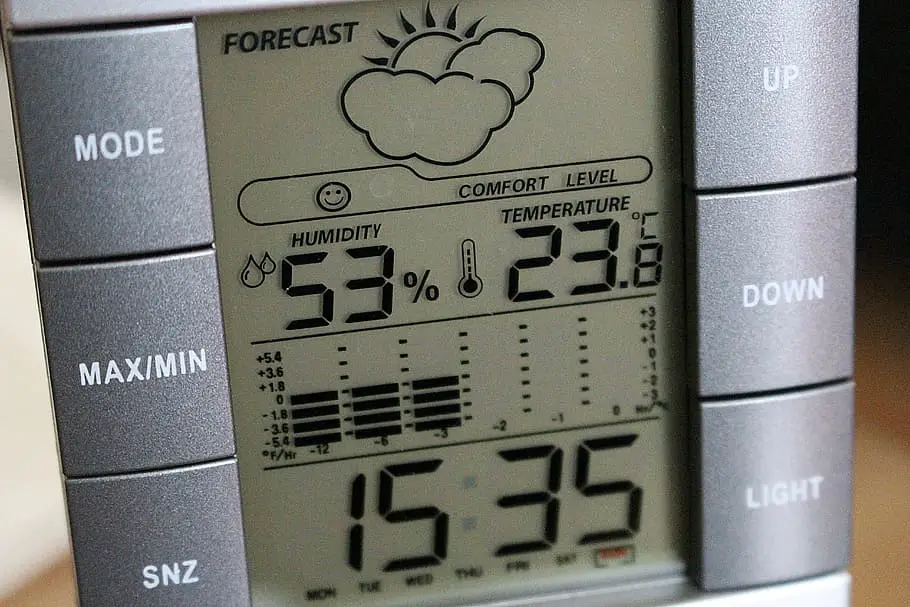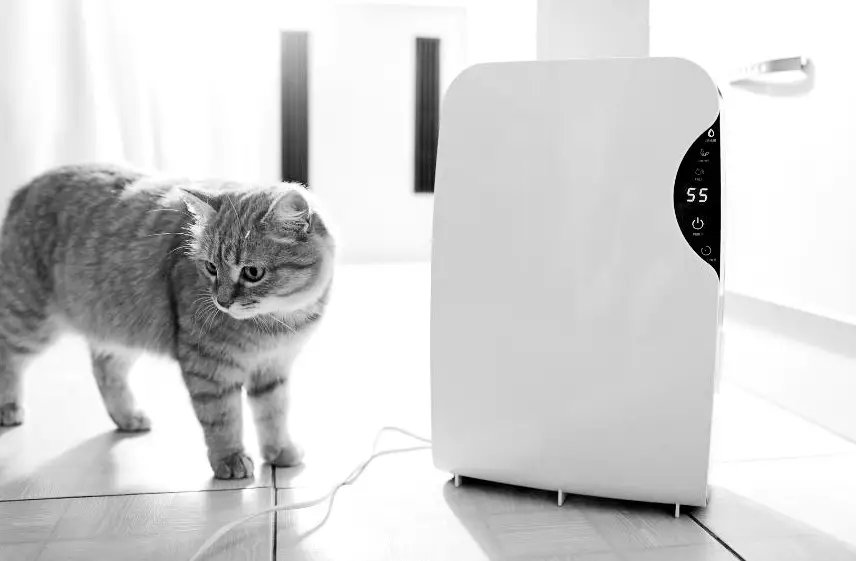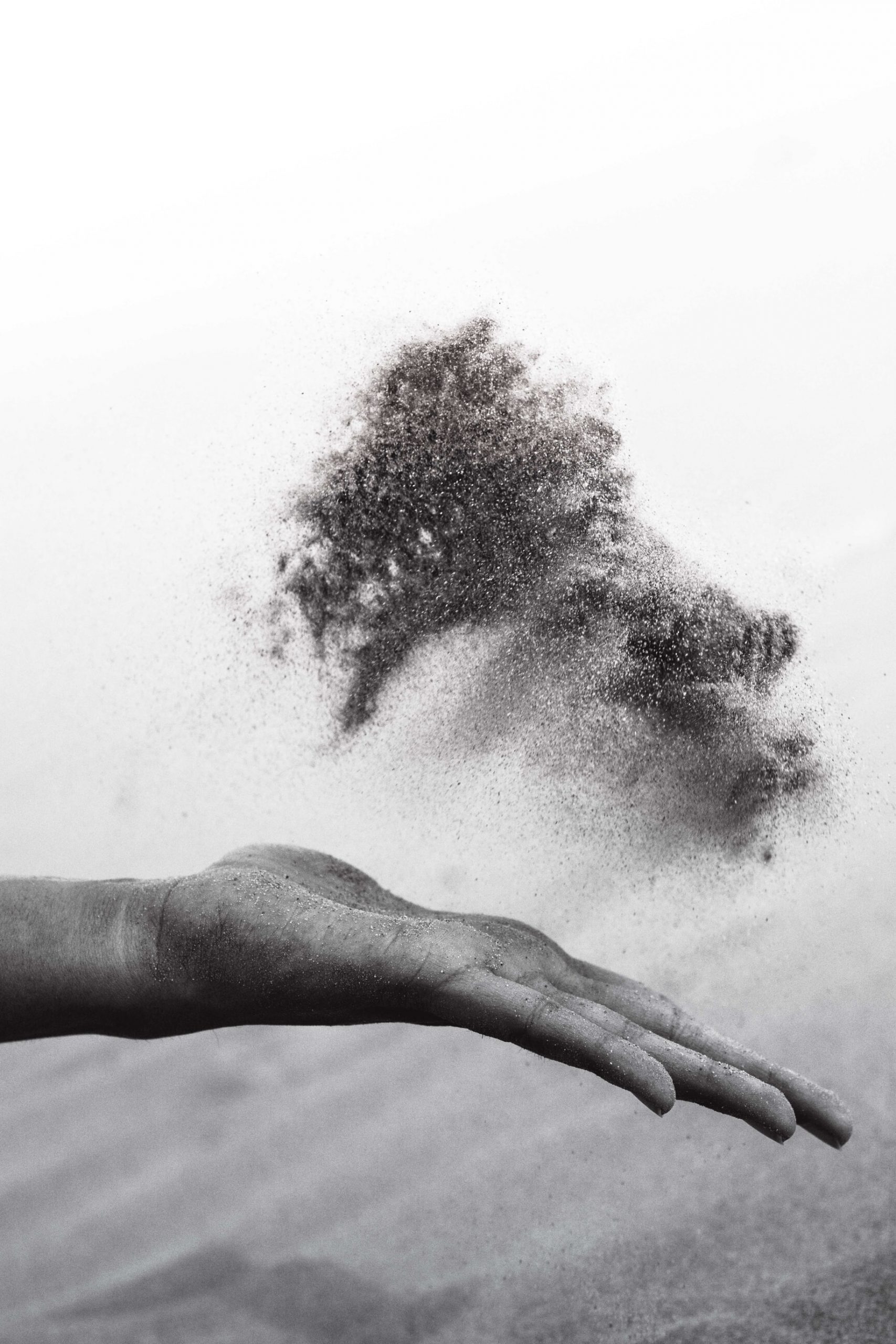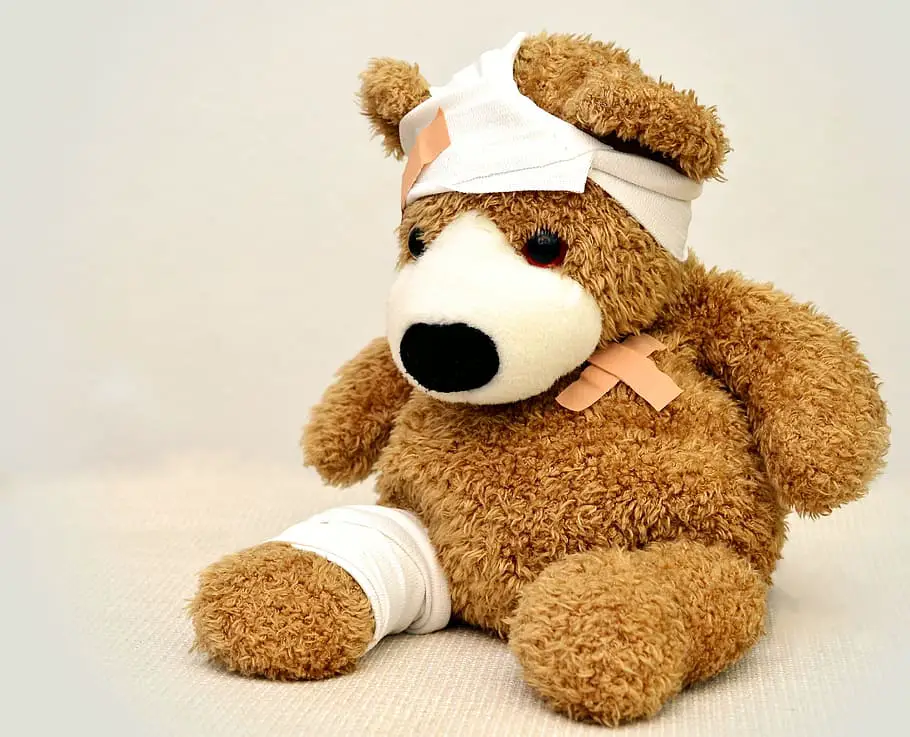Table of Contents
Can You Drink Dehumidifier Water? (Is It Really Safe?)
Finding a use for air conditioner and dehumidifier condensate is a popular idea. Many people are looking for ways to use the water to avoid wasting it.
Drinking dehumidifier water is not safe without first putting it through a water purification process because of the potential of high levels of dust mite concentrations and bacteria found in high humidity.
Ingesting dust mites can cause an allergic reaction that can result in watery eyes and sneezing, and more severe reactions like triggering asthma.
Studies also show that humidity droplets can collect bacteria and viruses from the air and act like a vehicle carrying the germs across a further span.
Since dehumidifier water is gathered from high humidity that has the potential of being full of dust mites and even bacteria and viruses, it is safe to say that drinking dehumidifier water should be avoided unless it goes through the proper sterilization process.
Is Dehumidifier Water Safe?
Here are a few factors to consider before drinking dehumidifier water:
- Dehumidifier water does not go through the boiling process that distilled water does.
- High Humidity Droplets are a vehicle for air pollutants and allergens
- Dehumidifier water is largely stagnant which facilitates the growth of bacteria
- Air conditioning condensate is a common factor in Legionnaires disease.
Dehumidifiers operate essentially like a air conditioner. Hot air is pulled in. Dragged across a series of refrigerated coils where it is cooled. The humidity in the warm air has no where to go once the air is cooled so it creates condensation.
The difference is that
the condensation from an air conditioner is driven outside via a pvc pipe where as the condensation created by a dehumidifier is captured in a container attached to the machine.
The amount of water captured in the container all from the humidity in the air can seem ridiculous, up to a couple of gallons a day.
Finding uses for the water seems to be a no-brainer. why would you throw the water out of the can be conserved and use for something else?
Is Dehumidifier water distilled?
Not exactly. Distillation is a process of boiling water into steam , then cooling the steam so that it returns back to liquid form. Whatever that doesn’t boil and turns to steam is filtered out.
The water that is created in the dehumidification process does not reach anywhere near the temperature to eliminate the impurities in it.
Even though the water from a dehumidifier comes from condensation, the distillation process is not present to eliminate impurities from the water.
Humidity and Air quality
High Humidity is also known expedite mold growth and promote dust mite population. Humidity also houses VOCs like formaldehyde.
Higher moisture levels have a greater capacity to retain pollutants.
The extra moisture in the air has the ability to hold airborne particles including microbes.
In other words the water in the machine already has the potential of being polluted because of the air quality in the area in which it was collected from.
“Dehumidifier water is untreated stagnant water.”
Mold and bacteria can begin to grow in stagnant water in as little as 48 hours.
Dehumidifiers Pose a Threat Of Legionella
Legionella is a bacteria that is found in freshwater. According to the government website, one of the most common sources of infection comes from cooling towers. Structures they contain water in a fan is part of a centralized air cooling system.
Dehumidifiers certainly qualify.
Dehumidifier water is simply not safe to drink straight out of the dehumidifier tank without going through a water purification process.
Is it okay to water plants with dehumidifier water?
The water the captured in your dehumidifier is absolutely safe for plants. An independent test conducted by the WCS, concluded that there is no significant levels of heavy metals in dehumidifier water as long as there’s a prefilter present before the dehumidification process takes place.
Can you use the humidifier water in a battery?
Yes. But since the humidifier water is not properly distilled that are can be minerals and other debris in the water.
Be sure that you filter the water before you poured into the battery.
Can I give dehumidifier water to my pets?
No. Dehumidifier water is not drinkable. Even for pets. The humidity condensed in a dehumidifier contains airborne pollutants from smoke carcinogens, and other household chemicals, aerosols etc.
Summary.
You might get the idea of the water from a dehumidifier is safe to drink because it comes from condensation.
But there are a few things that you may not be thinking about that would say differently.
For instance the moisture that is turn the conversation and collected in your dehumidifier is able to hold and contain the airborne pollutants in your room or home.
Mold spores and dust mites thrive in high humidity.
Since the air that the water is collected from is not clean and there is no purification process involved in collecting the water, it only goes to prove that the water itself contains the same pollutants.
The water in a dehumidifier is not distilled in the classic since.
Distillation boils water into steam and then collects the condensate from the steam. Whatever does not steam is left out.
The water in a dehumidifier does not go through a boiling and steaming process that would cause the pollutants like bacterium and heavy metals to be left out.
Dehumidifier water is untreated standing water. Bacteria can begin to grow in the water in as little as 48 hours.
And since a dehumidifier works and runs much like a an conditioner, legionnaires disease is known to be common where are cooling coils are used and present with the fan.
Kind of sounds like a dehumidifier.
There are plenty of great uses for dehumidifier water, including watering your plants and even filling your batteries as long as you ensure that you have filtered the water,
But drinking the water, whether it be you or your pets is not a good idea.
Is it worse than tap water? That’s a different article.









